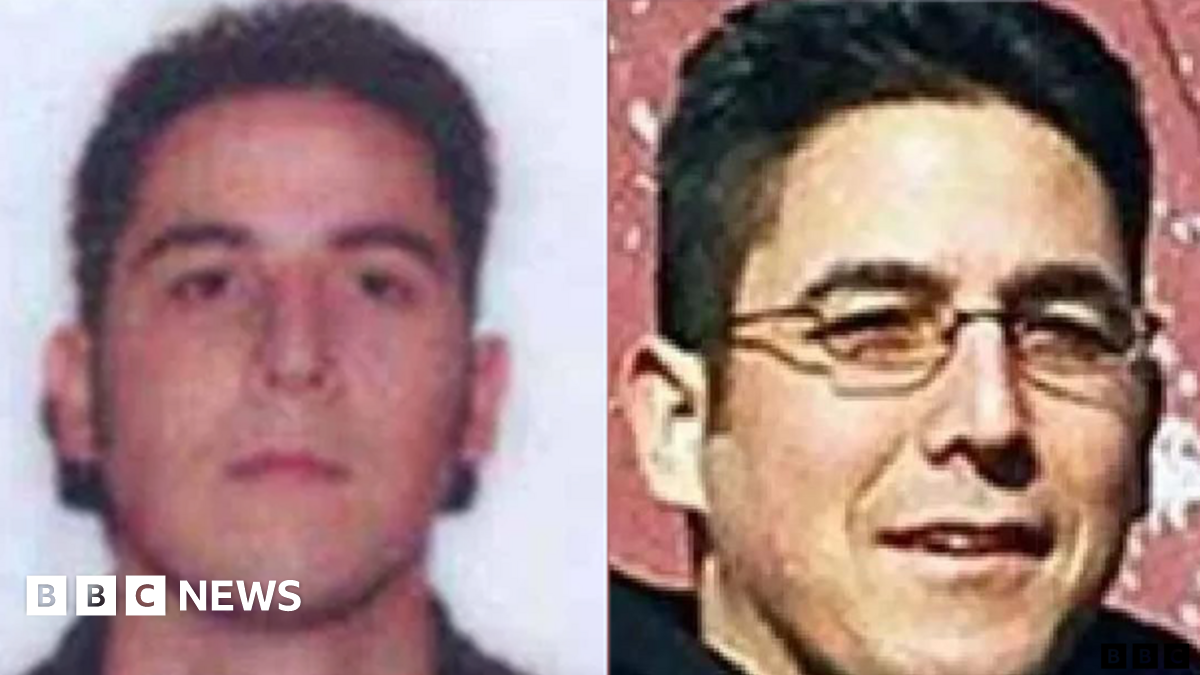Prosecutor Joel Smith KC, a lawyer representing the US authorities, told the court that if extradited to the United States, Mr San Diego faces charges of causing damage and destruction by explosives, carrying an unregistered firearm and using or carrying explosives.
David Patton – an expert on American criminal law – when asked if the charges against Mr San Diego were “legally coherent” said that aspects of the indictment violate the US constitution and that in his opinion there was a risk of double jeopardy.
Double jeopardy, external in US law protects against being prosecuted twice for the same crime.
Defending, Mark Summers KC suggested an example would be charges accusing Mr San Diego of “the possession of a bomb for the purposes of bombing” and that it would be “plainly inaccurate that they could be tried together”.
Under the subsequent indictment, new counts were added including charges of “using or carrying an explosive device to commit a felony”, the extradition hearing heard.
Mr Summer said: “If the prosecution can persuade the judge to impose a terrorism enhancement, external as well, then the guidelines say he’s got to give a 90-year sentence.”
He asked Mr Patton what his view of the “coherence” of the new indictment.
Mr Patton said: “It quite plainly violates the Constitution, it violates the double jeopardy rules of the Constitution.”
Mr Patton also said that in the USA prosecutors can stack different charges against a defendant based on the same conduct, and each individual charge can carry its own mandatory minimum sentence.
In such cases, Mr Patton said defendants can face a potential sentence of life imprisonment, and can therefore be coerced into a guilty plea without any trial being held.
He said this system has led to a decline in the number of trials in the USA – in late 1970s and early 80s around 15 – 20% of all offences went to trial.
It is now around 2% because going to trial is “far too great a risk for many defendants,” according to Mr Patton.
The hearing continues.

